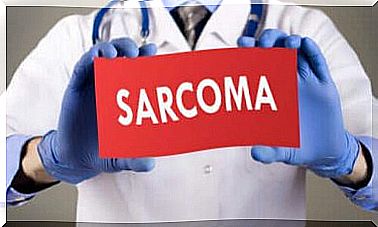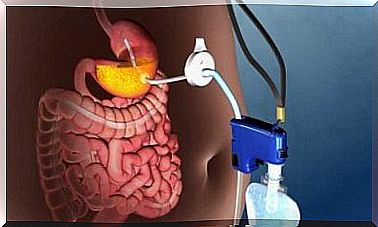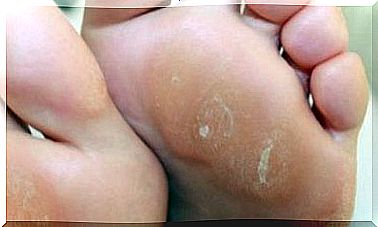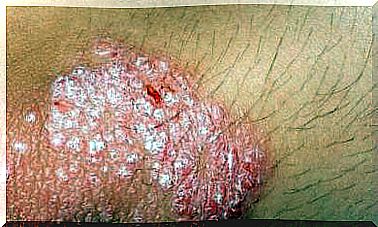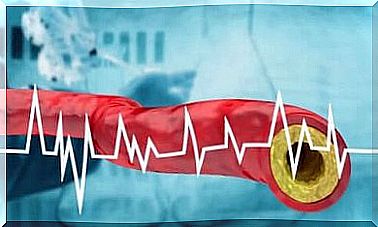Avascular Necrosis Of The Hip
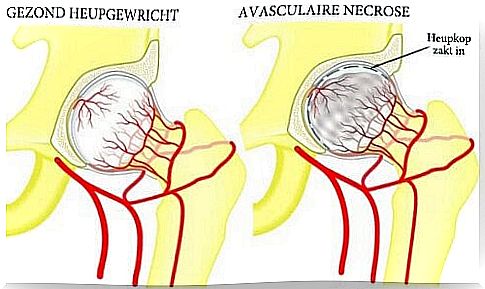
Avascular necrosis, like all necrosis, is caused by a lack of blood supply to the tissues. In this particular case, it affects the bones, leading to quite serious consequences.
In this article, we describe what avascular necrosis of the femoral head is, how it affects patients’ quality of life and their treatment options.
As some articles point out, such as Chronic Hip Pain, Femoral Head Necrosis (Spanish link), avascular necrosis is not very common. But this does not mean that it does not deserve special attention, as the aftermath is very serious and the risks to patients are very high.
What Causes Avascular Necrosis of the Hip?
The first question that may come to mind is what are the causes of this very serious problem that seriously affects patients.
Below we will show some of the reasons why it may appear, as indicated in the article Non-traumatic causes of bilateral avascular necrosis: link between hepatitis C and pegylated interferon (Spanish link):
- History of injury: An injury or dislocation of the joints can affect blood vessels, causing a lack of blood supply.
- Cancer treatment: Undergoing radiation or chemotherapy treatments weakens the body and bones and can damage blood vessels.
- Hypercoagulable state: This makes you prone to thrombosis and the blood clots significantly reduce the blood supply.
- Long-term steroid treatment: An excess of steroids (high doses) can be one of the causes of avascular necrosis of the femoral head.
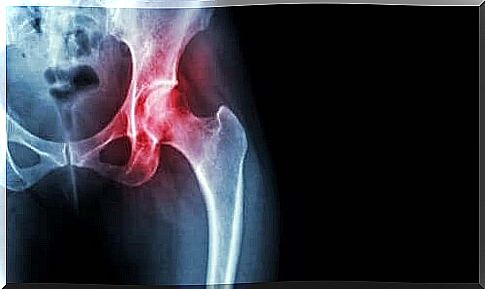
Symptoms
The symptoms are more or less severe depending on the stage the patient is in. So we can distinguish between a mild stage, a moderate stage and the last stage, which is severe. Let’s take a look at some of the symptoms that a patient may experience.
The first thing to note is that in the mild stage, the patient may not have any symptoms. This means that avascular necrosis can go completely undetected. However, if it is not diagnosed, it will get worse. You will begin to notice the following:
- Pain in the joint affected by necrosis when you put your weight on it.
- Discomfort when you are at rest, lying or sitting.
- Pain that worsens and radiates to the groin, thighs, buttocks, even the knees.
The pain will increase in intensity to the point that it becomes a constant discomfort with no relief. This affects the quality of life of the patients and limits them. Therefore, it is very important to go to the doctor at the slightest symptom. The reason is that the bone can lose its shape and thus cause arthritis.
Treatments of avascular necrosis

When a patient is diagnosed with avascular necrosis of the hip, the doctor considers his or her age, the quality of the bones, the stage of the disease, and the damage it has already caused. Below we present the most conservative treatments and other treatments that involve surgery.
- External Support: Using crutches or canes is an option for the mildest cases. However, it does not produce entirely satisfactory results.
- Medications: These tend to have a much more positive effect, some of which are blood pressure lowering, fibrinolytic and vasoactive drugs.
- Hyperbaric oxygen therapy: Inhaling oxygen at high pressure increases the oxygen supply in the plasma. In mild stages it can have a very positive effect.
- Electrical stimulation: This promotes bone formation, as avascular necrosis causes bones to weaken and break more easily.
Is surgery necessary for vascular necrosis of the hip?
What happens when avascular necrosis is at a much more advanced stage? Although you can try the above treatments, doctors often recommend that you have surgery.
But even in moderate cases, the doctor may consider this option, as the combined treatment increases the likelihood of a positive result.
If you experience any discomfort, we recommend that you see your doctor immediately. If you don’t have any symptoms, remember that it’s still important to check in regularly to make sure everything is okay.
Often, the absence of symptoms doesn’t mean you don’t have problems. In this case, an early diagnosis prevents you from having to undergo surgery, for example.
